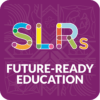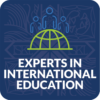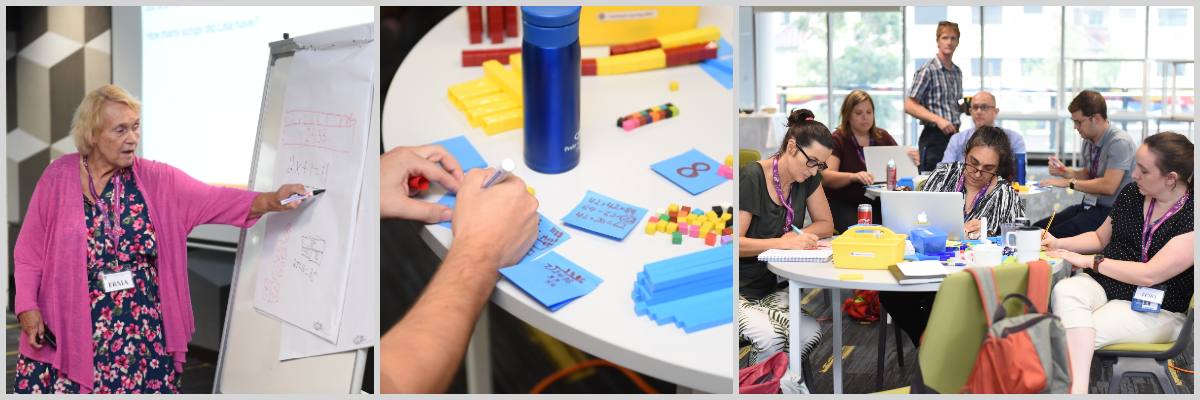AERO mathematics and science consultant, Erma Anderson recently conducted a three-day mathematics course: Mathematics Specialists in International Schools (MSIS) for Elementary School and Middle School mathematics teachers. MSIS is a two-year program comprising five, three-day courses designed to expand teachers’ understanding of the Common Core Standards, how students learn that content, evidence of student understanding, and how to work with peers in a mentoring relationship. The course is one of many professional learning opportunities available at ISKL.
Course leader Erma Anderson explains how MSIS supports student-centered learning.
The teaching of mathematics is complex. It requires teachers to have a deep understanding of the mathematical knowledge that they are expected to teach and a clear view of how student learning of that mathematics develops and progresses across grades. Success in teaching requires pedagogical knowledge as well as mathematical content knowledge. The goal of the two-year Math Specialist International Schools program (MSIS) is to develop teacher capacity for enacting meaningful student-centered learning experiences around the mathematical concepts and practices described in the Mathematics Standards.
The Standards emphasize a rigorous mathematics curriculum. Rigor is defined as a balance with equal intensity between procedural (how), conceptual (why) and application (where) of the mathematics being taught. Achieving rigor necessitates teachers to expand their understanding of the content and the instructional practices needed to support student learning in all three aspects of rigor. Well balanced math instruction between the aspects of rigor is easier said than done, especially when most teachers have learned math through a less balanced approach that favored rules and tricks over deep understanding. Different standards demand different ways of learning math—conceptual, procedural, or application—and that means teaching needs to adapt to meet those demands. This is addressed in the cohorts by engaging teachers in a variety of instructional approaches—multiple representations, discussion and reflection, and problem-solving opportunities—to target the aspects of rigor within the standards.

 The MSIS program is designed to enhance teachers’ knowledge of the progression of how students develop their understanding of mathematics and effective instructional strategies. MSIS Institutes were designed to provide teachers with a way to directly apply what they learn to their teaching. Research shows that teacher professional development leads to better instruction and improved student learning when it connects to the curriculum, the academic standards that guide teachers, and the assessments that determine student success.
The MSIS program is designed to enhance teachers’ knowledge of the progression of how students develop their understanding of mathematics and effective instructional strategies. MSIS Institutes were designed to provide teachers with a way to directly apply what they learn to their teaching. Research shows that teacher professional development leads to better instruction and improved student learning when it connects to the curriculum, the academic standards that guide teachers, and the assessments that determine student success.
About Erma
Ms. Erma Anderson is a former High School mathematics and physics teacher and Albert Einstein Distinguished Fellow in the United States Senate. As a Senior Program Officer with the Research Council, she assisted in the development of the National Science Education Standards. She is a Christa McAuliffe Fellow with the National Foundation for the Improvement of Education and was a consultant with the Council for Basic Education’s Schools Around the World Project, developing and implementing a protocol and a series of professional development experiences that used student work to enhance the teaching and learning of mathematics and science. More recently she has been a consultant with international schools and the AERO Mathematics and Science project.


